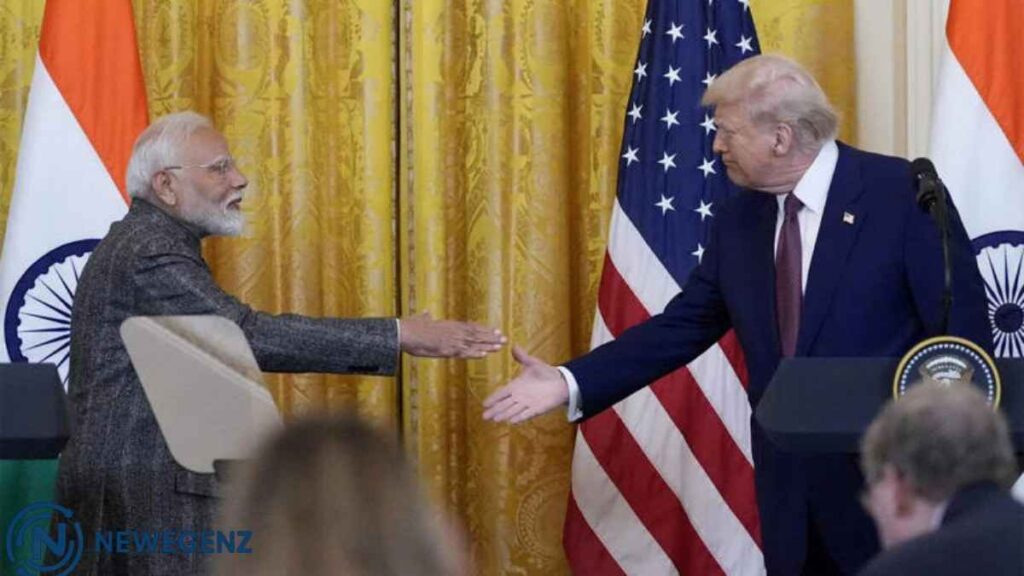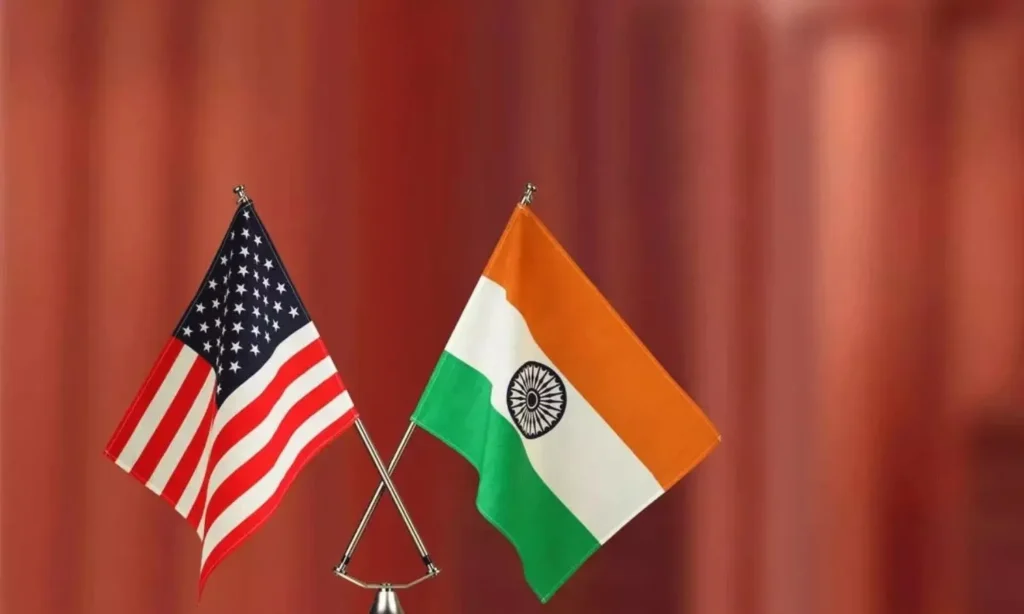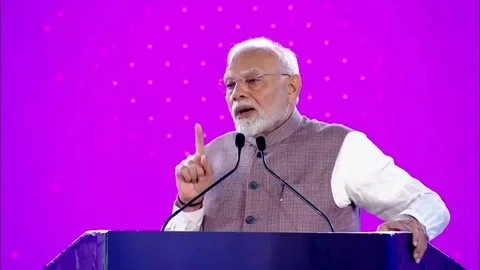
The United States has suddenly called off its scheduled trade talks with India, as US Cancels India Trade discussions amid rising tariff tensions, further straining economic relations between the two countries. A high-level US trade delegation, which was set to visit New Delhi from August 25 to 29, has now canceled its trip. The move clearly shows Washington’s growing frustration with India’s tariff policies, as the US Cancels India Trade talks at a critical time, marking another setback in efforts to resolve long-standing trade disputes.
US Cancels India Trade Talks as Tariff Dispute Intensifies
Washington has cautioned that if discussions between US President Donald Trump and Russian President Vladimir Putin fail, the United States could escalate its trade measures by imposing higher tariffs on Indian goods. Such action may drive overall US tariffs on Indian exports beyond 50%, a threshold experts warn would severely undermine bilateral trade ties. With the US Cancels India Trade negotiations amid growing tariff tensions, businesses on both sides are now facing heightened uncertainty and instability.

Modi Stresses Self-Reliance as US Cancels India Trade Talks
During his Independence Day address, Prime Minister Narendra Modi underscored the importance of self-reliance, highlighting India’s goals of achieving energy independence and strengthening defense capabilities. He reaffirmed India’s commitment to safeguarding national interests and showcased ongoing initiatives to advance critical technologies such as fighter jet engines and semiconductor chips. Modi’s strong message came at a crucial moment when US Cancels India Trade discussions, adding to the mounting pressure India faces on the global stage.

Modi Defends Energy Independence as US Cancels India Trade Talks
Prime Minister Narendra Modi strongly criticized excessive economic dependence, warning that true freedom loses its value if a nation relies too heavily on others. He emphasized that achieving a self-reliant India hinges on energy independence, pointing to the country’s continued purchase of Russian oil despite Washington’s calls to halt it. While India has expressed readiness to contribute to peace efforts in Ukraine, it remains firm on its energy strategy, even as US Cancels India Trade discussions and tensions rise between the two nations.
US Secretary of State Marco Rubio highlighted the significance of US-India relations, describing them as “consequential and far-reaching” while expressing optimism for a stronger partnership in the future. Yet, the escalating tariff conflict and the fact that US Cancels India Trade talks underline the challenges ahead, posing risks to both economic cooperation and diplomatic stability between the two nations.
Prime Minister Narendra Modi also turned his attention to domestic issues, vowing to firmly oppose any policies that could harm farmers, the backbone of India’s economy. He called on the nation to rely on its strengths in the face of mounting global economic pressures. Modi’s message reflected India’s determination to safeguard its national interests, even as US Cancels India Trade talks add to the challenges on the international front.
Frequently Asked Questions (FAQs)
Why did the US cancel trade talks with India?
The talks were canceled due to rising tensions over tariffs on Indian goods. The United States believes India’s tariff policies restrict fair access to its markets.
How could the canceled talks affect US-India relations?
The cancellation may create further strain on economic and diplomatic ties, potentially affecting cooperation in areas like defense, technology, and energy.
What is India’s stance on the tariff dispute?
India has emphasized self-reliance and energy independence, with Prime Minister Modi reaffirming that the country will firmly protect its national interests.
Will the tariff conflict impact Indian farmers and small businesses?
Yes, higher tariffs could hurt Indian exports, especially agricultural products. Prime Minister Modi has assured that his government will defend farmers and oppose any policies that harm them.
